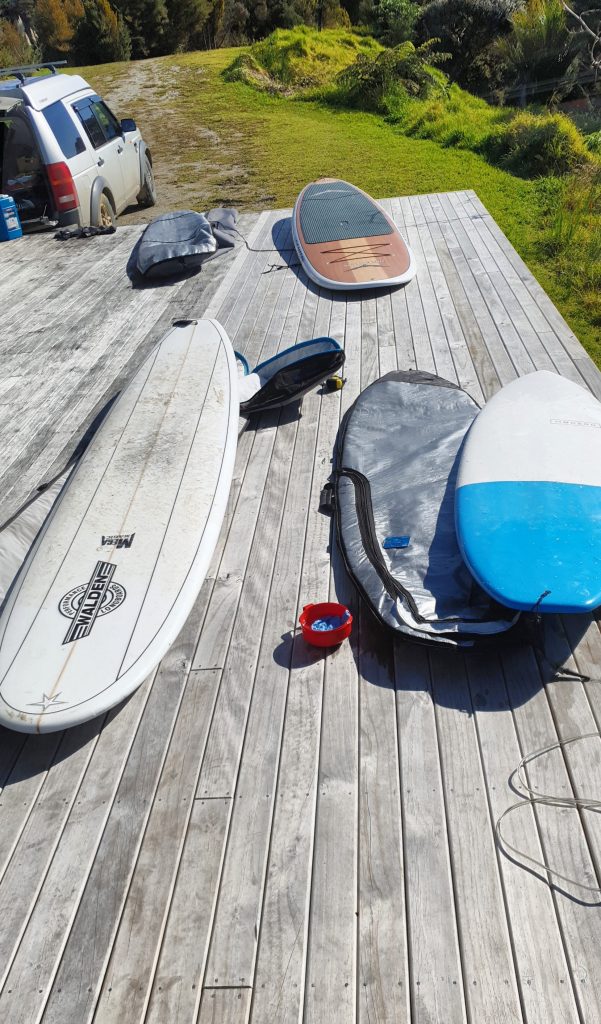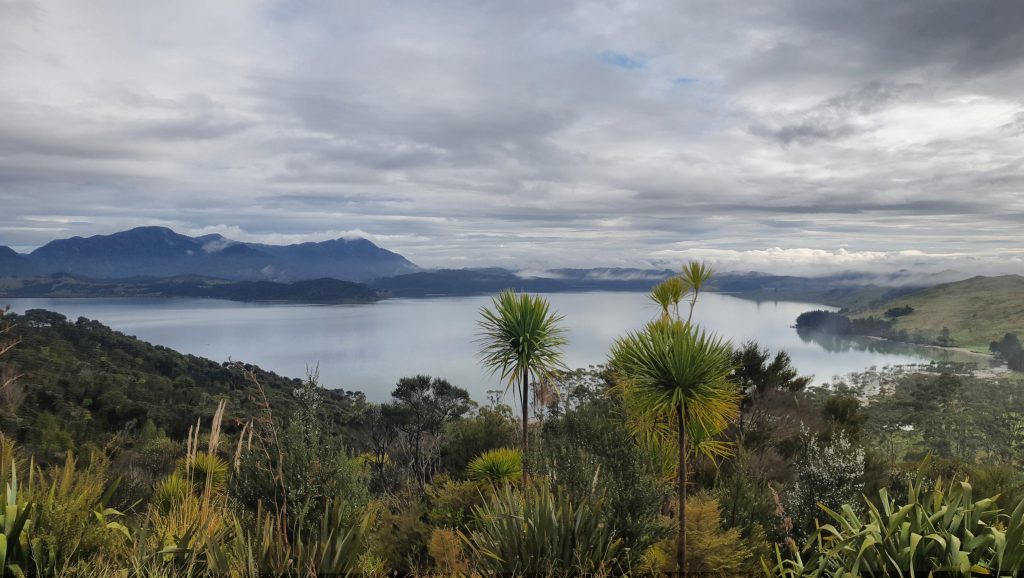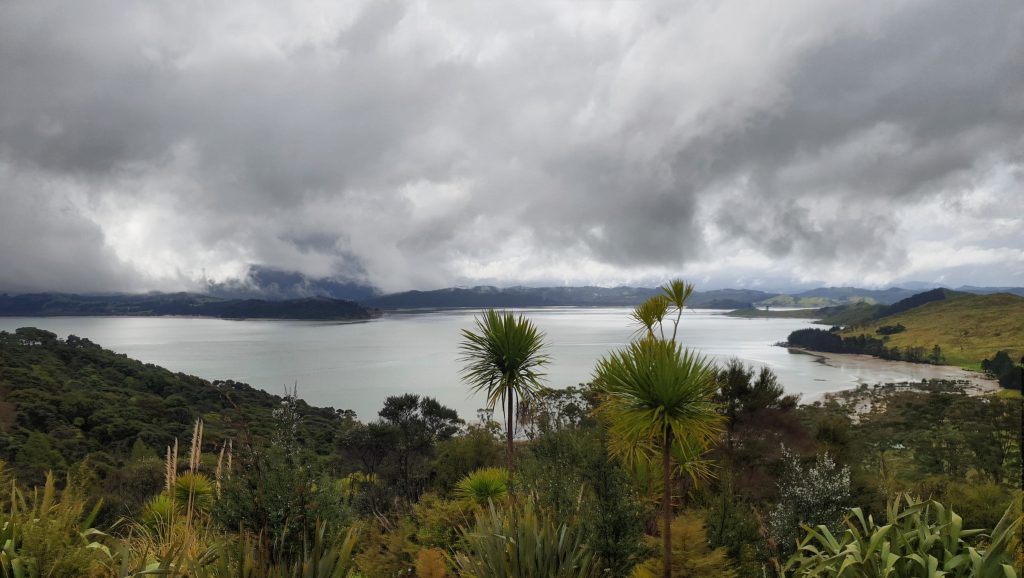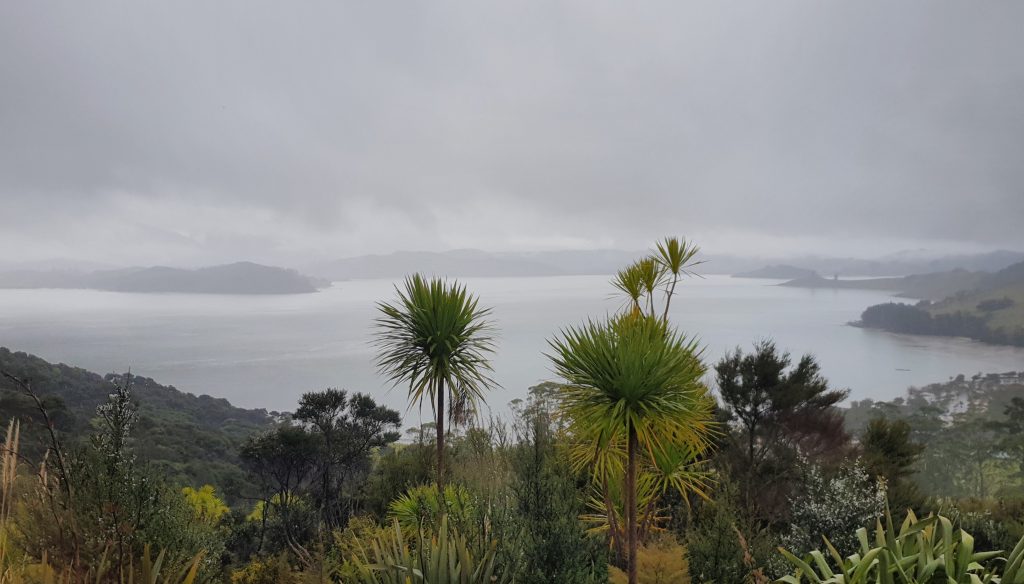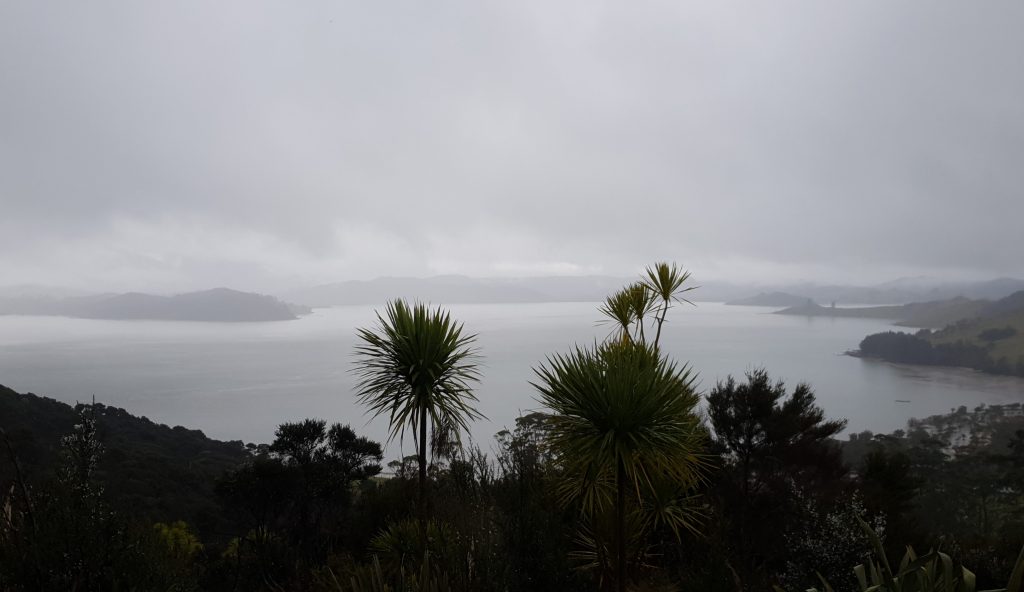Seems hardly possible but it’s 10 years since I started Book Sprints.
When it first started, I was at a party in Croatia and had a quick chat with a buddy – Tomas Krag. I came away from that chat thinking he had actually brought a group of people together for a week and they had written a book, but it was noisy, a few drinks were involved, we only chatted for 5 minutes. So I thought… this must be possible! So I then approached a friend – Leslie Hawthorn – at the Google Open Source Program Office and said I wanted to produce some books this way and would the office put in a little $ to make it happen… she did, and I booked two Book Sprints – PureData (Croatia) and Inkscape (Paris).
I didn’t find out until many months later, that at the ‘Book Sprint’ Tomas spoke o,f they got folks together for a week and wrote the table of contents… it took months to write the actual book… so, here I was pitching the idea to Google based on a total misunderstanding from a short chat at a party! One of the happiest misunderstandings I ever had.
I then spent some time trying to get other people to do Book Sprints. I didn’t want to do them… I had no idea how to do it. I was sure there were people out there somewhere better to do it than me… But I couldn’t find anyone else who wanted to do it or had any clues on how it could be done. I reached out to some folks in the publishing industry… surely they would be interested I thought! Think of the efficiencies! How naive I was… the publishing folks turned out to be exactly the wrong people to involve… they were all about long, slow processes. They also liked to disrupt the writers with edits to make them complete rethink everything they wrote… totally the wrong approach in what would be a high pressure, time-compressed environment.
So, eventually I gave in… I’d have to do it myself and work it out myself. I wasn’t happy about it… I wanted it to be an easy ride.
The next 4 years or so was an interesting ride though! I had to convince people that this was a real thing so they would do it… committing to a full week is quite a thing… but at the same time, I had no idea how to do it. I remember every Book Sprint back then being terrifying. The sense of failure was present at each event and loomed large, but somehow I achieved a certain amount of success and inched the process forward each time… It took years for me to really understand what I was doing. I had no idea how to facilitate, I had no idea about books, I had no idea about sprint processes. It was all made up as I went along. I remember, years into the journey, doing Book Sprints that were getting better and better, but still having no idea why. I didn’t have a framework for understanding what I was doing… I just did it. I didn’t know how to think or talk about it. Pure instinct and a kind of muscle memory was developing…
When I think back on that time, I wonder…why on earth did I continue doing it? Why didn’t I give up? I can only say that, looking back. I am astonished at how stubborn I…err… must have been…(cough cough)… blame my mama, she’s every bit the same… 😉
The time when I realised it really was ‘a thing’ is when I trained Barbara and I had to come up with a way to describe what a Book Sprint was and how it was done.. this was 4 years or so in. I remember meeting her at a cafe and thinking… I have no idea if you will make a good Book Sprint facilitator… I don’t even know what Book Sprint facilitation is !! how would I know? Might as well give it a go….turns out, luck of the gods. Barbara was exactly the right person to train. I’m still amazed at my luck. I have since trained 4 others and only 2 made it through (Laia and Faith, both amazing facilitators). A 50% hit rate at best, and yet somehow, through pure luck, Barbara turned up at the right time and turned out to be the right person.
Since then Barbara and I built a company and I handed it over to her as CEO a few years ago. it has gone from strength to strength. I haven’t done Book Sprints for 3 years now as I have been focused on work under my Shuttleworth Fellowship, and I was often jealous of some of the Book Sprints the team did that I wasn’t part of… who wouldn’t want to go to Nigeria during the Ebola times and help a group of activists write a book of short stories about life for various minorities in a very harsh, conservative, political environment? Or go to Burundi to write a policy document with the government on extractive industries… or travel to Kigali to write a book about the economics of water in Africa… I mean… yes!
But I sat on the sidelines and watched the company and the method grow and flourish. Also not a bad thing to do.
At the end, an amazing thing. I’m super proud of the method, and of the company. Of all the things we have done. But, interestingly, I’m most proud of having started an organisation that is made up of such wonderful people. I love each one of them. Amazing people, all of them.
Happy birthday Book Sprints 🙂 And thank you…

